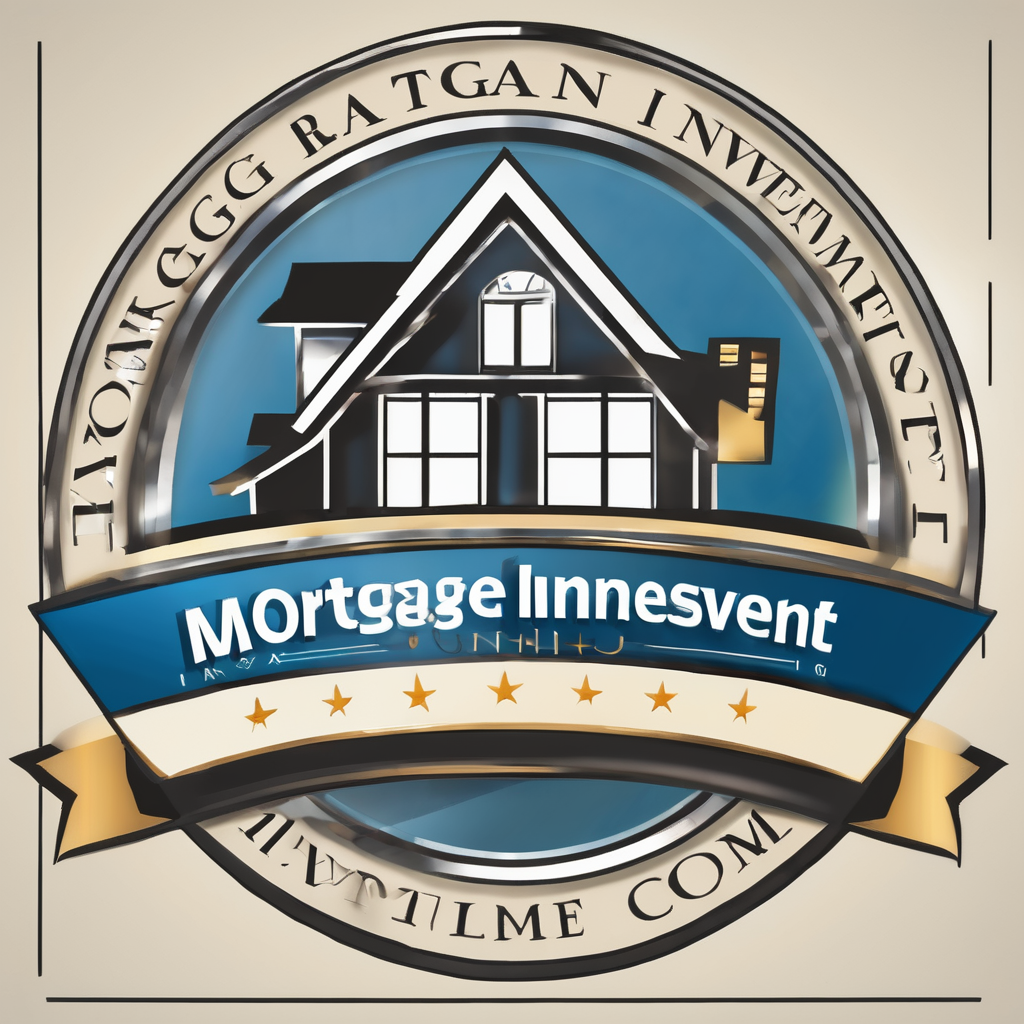As UK landlords, you’re faced with a myriad of responsibilities. From ensuring the rental income is paid on time to managing the day-to-day needs of your tenants, the list of tasks can be exhaustive. However, one of the most critical aspects of property management that can significantly impact your bottom line is maintenance.
Maintenance is not just about repairs and addressing breakdowns; it’s a comprehensive process that helps keep your properties in excellent shape, ensuring their long-term value. When done effectively, it can significantly reduce overall costs, and help maintain good tenant relationships, reducing turnover and vacant periods. This article will provide you with practical and smart ways to manage property maintenance without breaking the bank.
Avez-vous vu cela : How should UK property owners approach securing a second mortgage for additional property investments?
Understanding the Legal Obligations
Before we delve into the intricacies of property maintenance, it’s essential to understand the legal obligations that you, as a landlord, have towards your tenants.
In the UK, landlords are responsible for the maintenance and repairs of their properties, including the structure and exterior of the property, plumbing, heating, and sanitary installations. Furthermore, landlords must also ensure that all gas and electrical systems are safe, and that any furniture and appliances are in good working condition.
A lire également : What are the latest innovations in property management technology for UK real estate?
Failure to meet these legal obligations can lead to sanctions and penalties. It could also lead to disputes with your tenants, potentially resulting in costly legal battles.
Proactive Vs. Reactive Maintenance
Traditionally, most landlords react to maintenance issues as they arise. This is known as reactive maintenance. However, a more cost-effective approach is proactive maintenance.
Proactive maintenance involves regularly inspecting your property and identifying potential issues before they escalate into significant problems. This can involve scheduling regular checks for the property’s plumbing, heating, and electrical systems, and ensuring they are in good working condition. As a result, you can avoid expensive repairs and replacement costs in the long run.
Implementing a proactive maintenance strategy may require an initial investment but will save you money in the long run. For instance, a routine inspection might identify a small leak in a pipe that, if left unrepaired, could lead to extensive water damage and a costly repair bill.
Utilising Technology for Effective Property Management
In today’s digital age, technology can play a pivotal role in effective property management. There are numerous property management software and apps available that can help landlords manage their properties more efficiently.
Such software can assist with scheduling regular inspections, keeping track of maintenance requests and tracking expenses. By having a centralised system, you can ensure that no maintenance task slips through the cracks.
Technology can also help you keep your tenants informed about upcoming maintenance work and any potential disruptions, thereby maintaining a good landlord-tenant relationship.
Outsourcing Maintenance Tasks
While it is possible to take a DIY approach to property maintenance, outsourcing these tasks to professionals can often prove to be more cost-effective.
Professional property maintenance companies have the skills and expertise to perform maintenance tasks efficiently and effectively. By outsourcing, you can ensure that repairs and maintenance are carried out to a high standard, reducing the risk of further issues down the line.
Furthermore, outsourcing can free up your time, allowing you to focus on other aspects of property management, such as attracting new tenants or managing existing ones.
Managing Maintenance Costs
Effective management of maintenance costs is crucial for landlords. This involves not only managing the cost of repairs and maintenance but also considering the potential loss of rental income due to vacant periods.
One way to manage these costs is by setting aside a certain amount each month for maintenance and repairs. This fund can be used to cover routine maintenance costs, as well as unexpected repairs.
Securing good insurance coverage for your property can also help manage costs. This can cover major damages that are beyond normal wear and tear, offering financial protection against significant losses.
Remember, effective property maintenance can not only reduce costs but also improve your tenants’ satisfaction and retention rates. By being proactive, utilising technology, outsourcing tasks, and effectively managing costs, you can ensure the longevity of your properties and maximise your returns in the long run. Instead of viewing property maintenance as a burden, see it as an investment in the future of your rental business.
Harnessing Professional Property Management Services
Venturing into property management can be demanding. Thus, hiring professional property managers to handle your property maintenance can significantly ease your workload. These professionals are well-versed with the ins and outs of managing rental properties, and can be an invaluable asset.
Property managers take charge of a wide array of tasks such as rent collection, tenant screening, handling maintenance repairs, and ensuring that your property meets all legal requirements. They also have a comprehensive understanding of the rental market, which ensures that your rental income is optimised.
Property management companies usually have a team of professionals who specialise in various maintenance tasks. This means you don’t have to worry about finding individual contractors for different jobs. Additionally, they have established relationships with suppliers and contractors, which can often result in discounted prices for maintenance works.
Inevitably, there is a cost associated with hiring property managers. However, the time, effort, and resources saved by leveraging their expertise often outweigh the cost. As a result, you can focus on expanding your portfolio and forget about the day-to-day management of your existing properties.
The Role of Letting Agents in Property Maintenance
Letting agents are another valuable resource for landlords. While their primary role is to facilitate the renting process between landlords and tenants, they can also provide valuable support in property management.
Similar to property managers, letting agents can handle tenant screening, rent collection, and maintenance repairs. They act as the middleman between landlords and tenants, ensuring smooth communication and prompt resolution of any issues that may arise.
Many letting agents also provide property inspection services. This means they can proactively identify potential maintenance issues and address them promptly, thereby saving you from hefty repair bills in the long run.
In essence, letting agents can manage your rental property from A to Z, ensuring that both you and your tenants are satisfied. Their professional services can help maintain the long-term value of your property and maximise your returns.
Conclusion
In the demanding world of real estate, effective property maintenance is a key aspect of success. Maintenance is not just about preserving the physical condition of your property but also about maintaining healthy relationships with tenants and ensuring legal compliance.
By understanding your legal obligations, practising proactive maintenance, leveraging technology, outsourcing tasks, and effectively managing maintenance costs, landlords can ensure their properties remain in excellent condition and continue to generate steady rental income.
While it may be tempting to handle property maintenance by yourself, engaging the services of professional property managers or letting agents can save you time, effort, and resources. They can also help you navigate through the complexities of the rental market and optimise your returns.
Remember, effective property management is an ongoing process that requires consistent effort and attention. As a landlord, your goal should not only be about maximising returns in the short term but also ensuring long-term sustainability and growth of your rental business.






